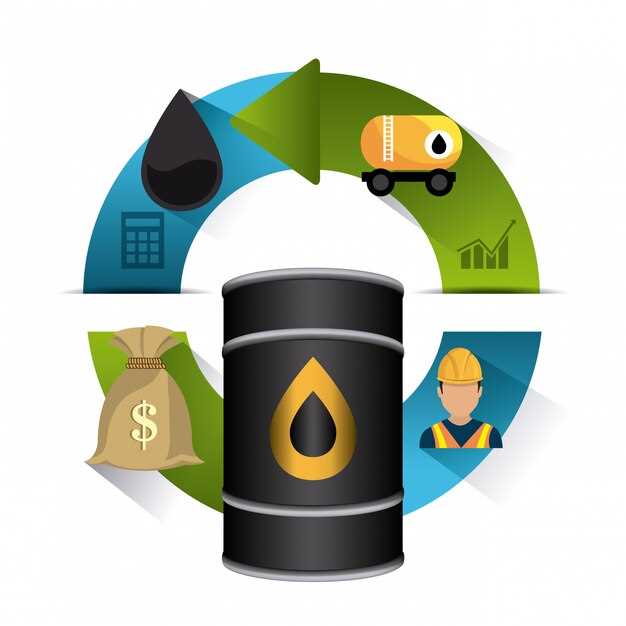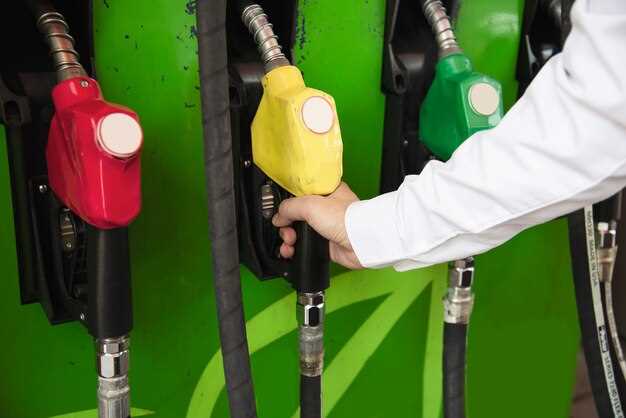

Upgrading diesel fuel lines is a critical enhancement for any performance-driven vehicle. The aftermarket industry offers a variety of high-performance fuel lines designed to improve efficiency, reliability, and overall performance. By replacing your stock lines with more advanced options, you can unlock the full potential of your diesel engine, ensuring optimal fuel delivery under various operating conditions.
One of the primary benefits of aftermarket diesel fuel lines is their ability to withstand higher pressures and temperatures. This is essential for high-performance applications where traditional lines may fail or degrade over time. Enhanced durability not only reduces the risk of leaks and failures but also ensures that your engine receives a consistent fuel supply, which is vital for maintaining performance and longevity.
In addition to their robust design, upgraded fuel lines often feature improved flow characteristics. This can lead to enhanced combustion efficiency, resulting in better throttle response and increased horsepower. The right lines can eliminate restrictions commonly found in OEM components, allowing your diesel engine to perform at its best, whether on the racetrack or during everyday driving.
Improved Fuel Delivery: Enhancing Engine Response with Upgraded Lines
Upgrading diesel fuel lines can significantly enhance engine response and overall performance. The key advantage of replacing old, worn, or restrictive lines is the improvement in fuel delivery efficiency. Upgraded lines typically feature larger diameters and superior materials that reduce flow restrictions, ensuring that fuel reaches the engine more rapidly and in sufficient quantities.
When fuel lines are optimized, the engine benefits from quicker throttle response. The reduced lag between pressing the accelerator and the engine’s reaction can transform driving dynamics, making the vehicle feel more powerful and agile. Enhanced fuel delivery means that the combustion process becomes more efficient, which is crucial for achieving optimal power output.
Additionally, upgraded lines contribute to better fuel atomization within the combustion chamber. Improved atomization leads to a more complete burn, which not only enhances power but also helps in reducing emissions. With cleaner combustion, engines operate more smoothly, resulting in less wear and tear over time.
Moreover, modern fuel lines often incorporate advanced materials that withstand higher pressures and temperatures. This durability reduces the risk of leaks and failures, which can negatively impact fuel delivery and engine performance. Reliability is therefore another significant benefit of upgrading these crucial components.
In conclusion, investing in upgraded diesel fuel lines is a savvy decision for those looking to enhance their engine’s responsiveness. The improvements in fuel delivery promote efficiency, performance, and reliability, making for an ultimately more enjoyable driving experience.
Durability and Resistance: Selecting Aftermarket Fuel Lines for Longevity

When upgrading diesel fuel systems, selecting the right aftermarket fuel lines is crucial for ensuring long-lasting performance. Durability and resistance to various environmental factors are essential when considering materials. High-quality aftermarket lines are often made from reinforced rubber or synthetic materials that can withstand extreme temperatures and pressures found in diesel systems.
Another key factor to consider is the resistance to chemicals and additives commonly found in diesel fuel. Aftermarket fuel lines that feature enhanced chemical resistance will prevent degradation over time, thereby avoiding potential leaks and failures. This aspect is particularly important for diesel applications, where the quality of the fuel can vary significantly based on source and treatment.
Additionally, the physical integrity of the fuel lines should not be overlooked. Aftermarket options often come equipped with features such as braided exterior layers, providing extra protection against abrasions and impacts. This added layer of durability helps maintain performance while extending the lifespan of the lines, making them a smart choice for serious diesel enthusiasts.
Installation is another consideration; quality aftermarket fuel lines typically offer precise fittings and compatibility with standard connectors, ensuring a secure and leak-free installation. Selecting lines that meet rigorous industry standards will also provide peace of mind regarding their performance and longevity.
In conclusion, prioritizing the durability and resistance of aftermarket fuel lines is essential for maximizing the efficiency and reliability of diesel engines. Investing in high-quality materials will not only enhance performance but also significantly reduce maintenance associated with premature line failures.
Cost-Benefit Analysis: Evaluating the Return on Investment for Upgrades

When considering the upgrade of diesel fuel lines, a thorough cost-benefit analysis is essential to determine the return on investment (ROI). Diesel fuel lines play a vital role in the overall performance of a vehicle, and enhancing these lines can lead to significant improvements in efficiency and durability.
Initial costs for upgrading to aftermarket fuel lines may seem high; however, evaluating long-term benefits reveals a different picture. High-quality aftermarket lines are designed to withstand extreme conditions and resist wear, leading to reduced maintenance expenses over time. This longevity can translate into savings as vehicle owners may avoid frequent replacements and repairs associated with standard lines.
Moreover, enhanced fuel delivery from upgraded lines can improve engine performance and fuel efficiency. Better fuel atomization and flow can result in increased horsepower and torque, optimizing the vehicle’s overall output. This performance boost can enhance driving experience and provide competitive advantages in both commercial and recreational contexts.
Additionally, considering fuel savings is crucial. Upgraded diesel fuel lines can lead to better combustion, decreasing fuel consumption and lowering overall operating costs. For fleet operators, this can mean substantial savings in fuel expenses, contributing directly to the bottom line.
Another factor to consider is the potential increase in resale value. Vehicles that feature upgraded aftermarket components often attract more buyers who are willing to pay a premium for perceived performance and reliability. Therefore, investing in high-quality diesel fuel lines not only provides immediate benefits but also enhances the vehicle’s market appeal.
Overall, the cost of upgrading diesel fuel lines should be weighed against the advantages of improved performance, reduced maintenance, fuel efficiency, and potential resale value. Conducting a comprehensive cost-benefit analysis helps vehicle owners make informed decisions that maximize their investment in aftermarket solutions.






